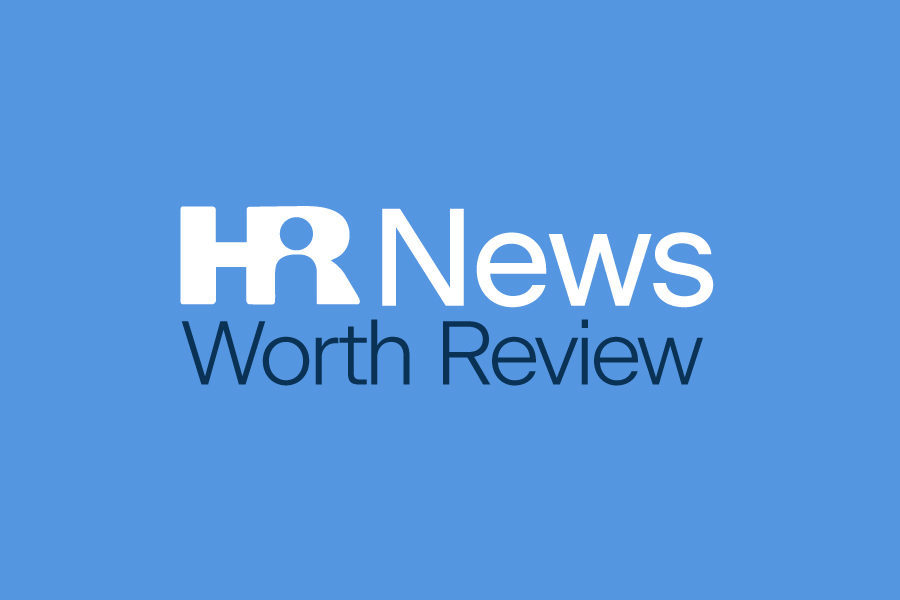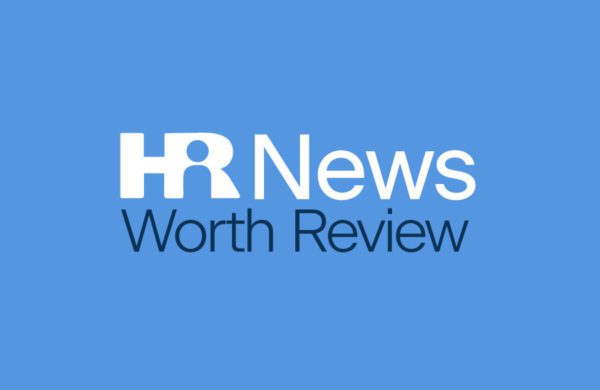Medicare Part D Disclosures Due by Feb. 29, 2024 for Calendar Year Plans
Each year, group health plan sponsors are required to complete an online disclosure form with the Centers for Medicare & Medicaid Services (CMS) indicating whether the plan’s prescription drug coverage is creditable or non-creditable. This disclosure requirement applies when an employer-sponsored group health plan provides prescription drug coverage to individuals who are eligible for coverage under Medicare Part D.
CMS Disclosure Deadline
The plan sponsor must complete the online disclosure within 60 days after the beginning of the plan year. For calendar year health plans, the deadline for the annual online disclosure is Feb. 29, 2024 (since 2024 is a leap year).
In addition to the annual disclosure requirement, the disclosure to CMS must be made whenever any change occurs that affects whether the coverage is creditable; more specifically, within 30 days after any change in the plan’s creditable coverage status or after the termination of a plan’s prescription drug coverage.
Online Disclosure Method
Plan sponsors are required to use the online disclosure form on the CMS creditable coverage website. This is the sole method for compliance with the disclosure requirement unless the entity does not have internet access.
The disclosure form lists the required data fields that must be completed in order to generate the disclosure notice to CMS, such as types of coverage, number of options offered, creditable coverage status, period covered by the disclosure notice, number of Part D-eligible individuals covered, date the creditable coverage disclosure notice is provided to Part D-eligible individuals and change in creditable coverage status.
CMS has also provided guidance and instructions on how to complete the form.
Employer Takeaway
To determine whether the CMS reporting requirement applies, employers should verify whether their group health plans cover any Medicare-eligible individuals (including active employees, disabled employees, COBRA participants, retirees and their covered spouses and dependents) at the start of each plan year.
Employers that are required to report to CMS should work with their advisors to determine whether their prescription drug coverage is creditable or non-creditable. They should also visit CMS’s creditable coverage website, which includes links to the online disclosure form and related instructions.
Worker Reclassification – Impact on Employee Benefits
As mentioned in last month’s HR update, on Jan. 10, 2024, the U.S. Department of Labor (DOL) issued a final rule implementing a tougher analysis for worker classification under the Fair Labor Standards Act (FLSA). This change is expected to result in more workers being classified as employees, not independent contractors. This is significant because it provides more individuals with FLSA rights and protections, including overtime pay protections.
Employers who reclassify workers as employees should consider how this change impacts their employee benefits, including their compliance obligations under the Affordable Care Act (ACA). Workers who are reclassified may be eligible to participate in their employer’s employee benefit plans, depending on each plan’s terms and the employee’s position. Also, smaller employers may become subject to additional compliance requirements by reclassifying workers, such as:
- The ACA’s “pay-or-play” and reporting rules for applicable large employers (ALEs);
- COBRA continuation coverage;
- Job-protected leave under the Family and Medical Leave Act (FMLA);
- Medicare Secondary Payer Rules; and
- Annual Form 5500 reporting.
Additional compliance requirements may apply under state and local laws, such as state paid leave laws.
Employers reclassifying workers as employees should consider whether the workers now qualify for coverage under their employee benefit plans, which will likely increase overall employer spending. Employers should also analyze whether increasing employee numbers triggers additional compliance responsibilities under federal, state and local laws.
DOL Releases Audit Results of ERISA Enforcement During 2023
The U.S. Department of Labor (DOL) has released the results of its Employee Benefits Security Administration’s (EBSA) enforcement actions during fiscal year (FY) 2023.
Through its enforcement of the Employee Retirement Income Security Act (ERISA), the EBSA oversees approximately 2.8 million health plans, 765,00 private pension plans and 619,000 other welfare benefit plans. According to the audit, these plans cover 153 million workers, retirees and dependents.
Enforcement Statistics
In FY 2023, EBSA recovered over $1.4 billion for plans, participants and beneficiaries. Other key EBSA enforcement results include the following:
- EBSA closed 731 civil investigations, of which 69 percent resulted in monetary results for plans or other corrective actions;
- EBSA referred 50 cases for civil litigation and closed 196 criminal investigations; and
- EBSA’s criminal investigations led to the indictment of 60 individuals—including plan officials, corporate officers and service providers—for offenses related to employee benefit plans.
Compliance Assistance Statistics
The DOL audit fact sheet also includes statistics for the EBSA’s compliance assistance programs, the Voluntary Fiduciary Correction Program (VFCP) and the Delinquent Filer Voluntary Compliance Program (DFVCP).
The VFCP allows plan officials who have identified specified ERISA violations to take corrective action to remedy the breaches and voluntarily report the violations to EBSA without becoming the subject of an enforcement action. In FY 2023, EBSA received 1,192 applications through the VFCP.
The DFVCP encourages plan administrators to bring their plans into compliance with ERISA’s filing requirements. EBSA received 18,955 annual reports through this program in FY 2023, and the EFAST2 Help Desk handled over 16,000 inquiries to help filers meet their reporting obligations.
Employer Takeaway
This is a great reminder for employers sponsoring ERISA-covered plans that they have fiduciary responsibility with regard to the plans their companies sponsor – especially in the wake of recent novel lawsuits filed against companies for breaches of fiduciary duties. Please check out our included legislative brief on what it means to be a fiduciary to an ERISA plan.





